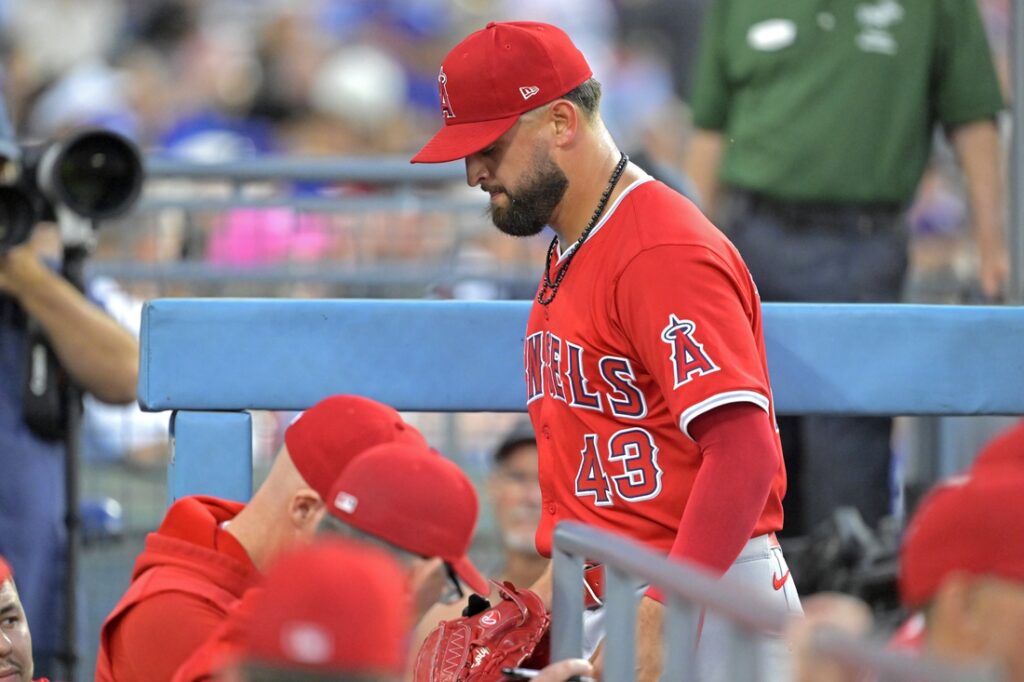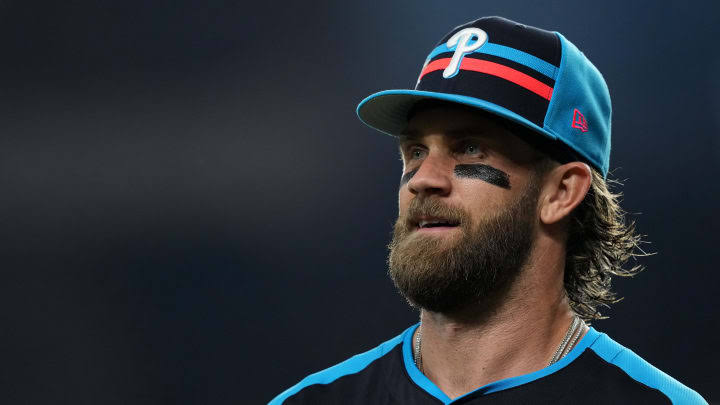As the MLB landscape evolves, it’s evident that the luxury tax will continue to play a crucial role in shaping team-building strategies across the league.

In an era where spending big is often seen as a key to winning championships,
the Philadelphia Phillies are among the nine teams facing hefty penalties for
exceeding the luxury tax threshold in 2024. The total penalties across Major
League Baseball have reached a record-breaking $311.3 million, underscoring
the increasing financial power struggles within the sport. For the Phillies, their
significant tax bill is a direct result of their aggressive payroll strategy aimed at
bolstering their roster and competing for a World Series title.
The luxury tax, also known as the competitive balance tax (CBT), serves as a
penalty mechanism to curb excessive spending by teams. MLB teams are
allowed to exceed a certain payroll threshold, but once they do, they incur
financial penalties that scale with the level of overage. For many teams, paying
the luxury tax has become a strategic decision, weighing the cost of the penalty
against the potential return on investment in player acquisitions and
championship aspirations.
Phillies’ Aggressive Payroll Strategy: Aimed at Winning Now.
The Phillies, like several other teams, have shown no hesitation in committing
significant financial resources to field a competitive team. In recent years, the
club has made high-profile signings, including the acquisition of players like
Bryce Harper, Trea Turner, and Zack Wheeler. These investments have
bolstered their roster, making them perennial contenders in the National
League.
However, these signings have pushed the Phillies’ payroll well past the luxury
tax threshold. In 2024, their aggressive approach paid off on the field with an
impressive regular season, but it also came with the price tag of exceeding the
CBT limits, leading to the luxury tax penalty. The Phillies are far from alone in
this respect, as several other teams also took a similar route of balancing high
payrolls with a win-now mentality.
Record-Breaking Penalties: The Price of Success.
The MLB’s luxury tax penalties are designed to maintain competitive balance,
but as spending has soared, the penalties have also increased. In 2024, the
total luxury tax penalties across the league reached an unprecedented $311.3
million, surpassing previous records. This sum highlights the willingness of
MLB teams to spend heavily, despite the financial consequences.
For the Phillies, their penalty comes as part of a broader trend of teams
pushing past the CBT thresholds. The penalties are tiered based on how far a
team exceeds the threshold, with the most significant penalties falling on
teams that exceed the threshold by the largest margins. While the Phillies’
exact penalty amount has not been disclosed, their high-profile acquisitions
and large payrolls mean that they are one of the most significant contributors
to the league’s record-breaking total.
Luxury Tax Thresholds: A Tool for Competitive Balance?
The purpose of the luxury tax is to prevent a small group of high-revenue
teams from dominating the league by creating an uneven playing field.
However, as more teams approach or exceed the threshold, the effectiveness of
the tax in maintaining competitive balance is being called into question. The
idea behind the luxury tax was to ensure that teams could not simply outspend
their competitors to build a super-team, but with several teams now
consistently paying the tax, it raises the question of whether it is still fulfilling
its intended purpose.
For the Phillies, and others like them, the luxury tax penalties are a cost of
doing business, an investment in securing high-level talent. With the Phillies’
championship window wide open, it is clear that they are willing to take on the
penalties to stay competitive and pursue a World Series title.
The Financial Impact: Is It Worth It?
For teams like the Phillies, paying the luxury tax is a calculated risk. While the
penalties can be steep, the potential rewards of winning a World Series can far
outweigh the financial hit. The Phillies have made it clear that they are in
“win-now” mode, and their willingness to pay the tax shows their commitment
to that goal. The franchise has made significant strides in recent years,
including a trip to the World Series in 2022, and their desire to stay
competitive is driving their willingness to exceed the luxury tax limits.
However, the increasing luxury tax penalties could force teams to reconsider
their financial strategies. As the tax penalties continue to rise, teams may be
more cautious in their spending, focusing on player development and trading
for established talent rather than relying on high-cost free-agent signings. For
now, the Phillies’ strategy is clear: spend big to win big.
The Bigger Picture: A Growing Trend Across MLB.
The luxury tax penalties reflect a broader trend in MLB toward bigger
spending by teams in an effort to win championships. The league’s richest
teams are not only adding high-priced players but are also exceeding the
luxury tax limits with increasing frequency. As more teams embrace the idea of
paying for top-tier talent, the MLB’s luxury tax system may need to be
reassessed to keep the playing field level.
For the Phillies, the luxury tax penalty is simply part of the cost of doing
business in an era of high-priced contracts and fierce competition. With a
roster stacked with talent, including key players like Harper, Turner, and
Wheeler, the Phillies are in position to compete for titles for years to come.
The luxury tax may continue to be a hurdle, but it is unlikely to slow the
Phillies’ momentum as they push forward in their championship pursuit.
Conclusion: Paying for Success.
The record-breaking luxury tax penalties in 2024 are a reflection of the
increasing financial commitment teams are making in pursuit of a
championship. For the Phillies, their willingness to exceed the threshold
shows their commitment to building a team capable of competing for the
World Series. While the penalties are steep, the rewards of success on the field
— and the potential to bring home a championship — make the financial
investment worthwhile. As the MLB landscape continues to evolve, it’s clear
that the luxury tax will remain a key player in shaping the future of team-
building strategies across the league.



